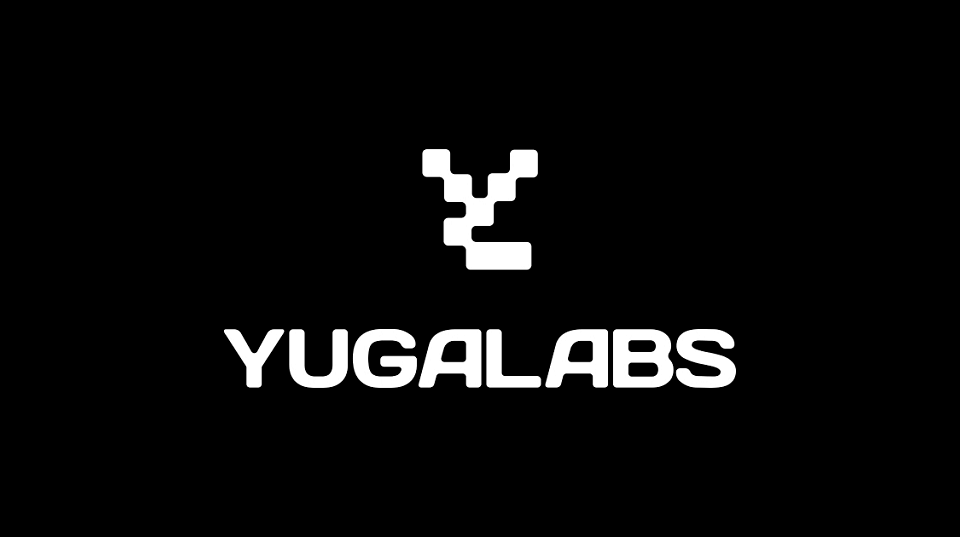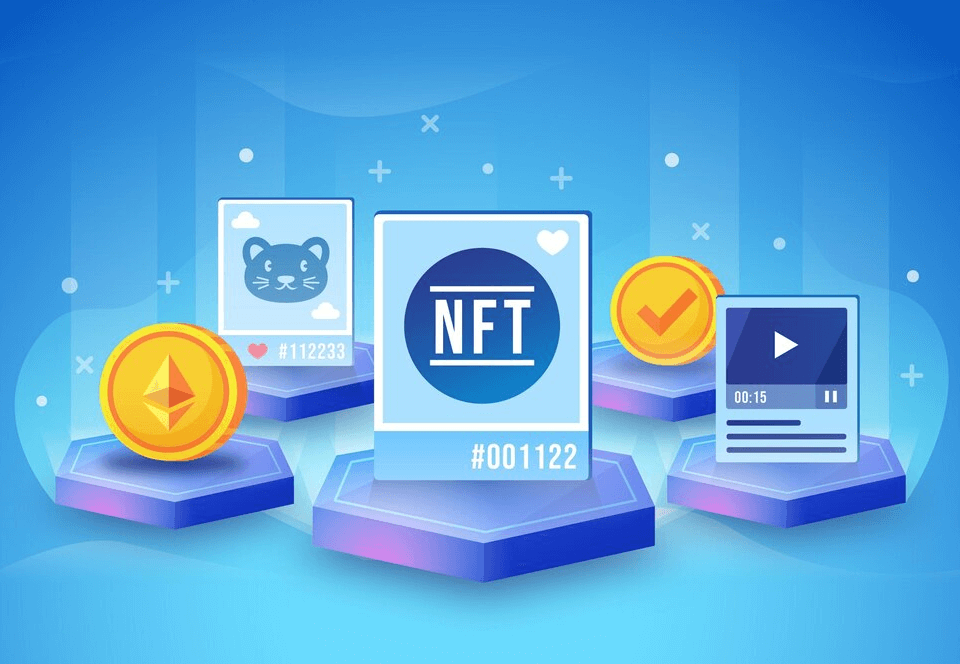NON FUNGIBLE TOKENS (NFTs)
What is an NFT and how does it work?
Non-fungible tokens, or NFTs, have evolved as an intriguing asset class in the blockchain space. Unlike traditional tokens, these digital assets are defined by their unique identity codes and specific metadata, which set them apart. They are the digital equivalent of owning an exclusive piece of art in the physical world.
The value of NFTs is derived from their individual distinctiveness, and they can be traded for a wide array of returns—be it money, cryptocurrencies, or other NFTs. This trade value, however, is a subjective affair. For instance, an NFT representing a simple image of a banana could command a price in millions for some, while others may dismiss it as having no worth. The beauty of this digital space lies in its unpredictability.
This unique nature of NFTs distinguishes them from cryptocurrencies as well. While two units of a cryptocurrency, like Bitcoin or Ether, can be exchanged on a one-to-one basis because of their fungibility, NFTs defy this principle. They might appear identical superficially, but they are fundamentally unique and non-interchangeable, each carrying a different value. This is the intrinsic characteristic that sets NFTs apart in the blockchain realm.

What are the examples of Non-Fungible Tokens?
The term “non-fungible” encapsulates the concept of uniqueness and irreplaceability. For example, Bitcoin is a fungible asset – if you were to exchange one Bitcoin for another, you would be in possession of the exact same thing, a Bitcoin. The fungibility comes from their uniformity and interchangeability.
The versatility of non-fungible tokens (NFTs) enables them to symbolize an expansive range of assets, encapsulating physical, digital, and even metaphysical items. This digital representation infuses an asset with a unique identity on the blockchain, creating a bridge between the tangible and the intangible.
Most commonly, NFTs have found a home in the creative domain of digital art. Artists create and tokenize unique pieces, enabling ownership and provenance tracking in the digital sphere. Additionally, digital collectibles – akin to physical trading cards, but now represented as tokens – have seen significant traction.
Beyond art and collectibles, NFTs have extended their reach into other forms of digital content, including video and audio files. These tokenized pieces of content can be owned, traded, and even licensed using the principles of NFTs.
Even event tickets are entering the NFT realm, where each ticket can be tokenized as an NFT, establishing an undeniable proof of purchase, reducing counterfeiting, and potentially opening up new secondary market dynamics.
In essence, the potential applications for NFTs are as vast and varied as the types of assets they can represent. The use cases are growing by the day, signaling an exciting era of digital asset ownership and exchange.
Is Bitcoin an NFT?
Non-fungible tokens (NFTs) present a different facet of the blockchain technology, extending beyond the typical use-case of cryptocurrencies like Bitcoin or Ethereum. The primary distinguishing factor lies in their uniqueness – each NFT carries specific information or attributes that make it distinct, therefore non-fungible, meaning it can’t be exchanged on a like-for-like basis as with traditional cryptocurrencies.
This intrinsic uniqueness has made NFTs particularly suitable for representing ownership or proof of authenticity in the digital world. They’ve been used to tokenize a multitude of digital assets, ranging from digital art pieces to music tracks, virtual real estate, and more. Each of these digital objects, when tokenized as an NFT, holds a value determined by its uniqueness, demand, and the perception of its worth in the marketplace. The emergence of NFTs has opened a new paradigm in the digital economy, giving digital objects a value and ownership in a way that was not possible before.
Why do people buy an NFT?
Motivations for owning Non-fungible tokens (NFTs) can be as varied as the individuals purchasing them, but they typically fall into two primary categories: investment and enjoyment.
From an investment perspective, many individuals are drawn to NFTs as an opportunity for profit. The highly speculative nature of the NFT market means that tokens can potentially be sold or “flipped” for significant returns. This has been particularly true for certain high-profile digital art pieces and collectibles that have seen their values skyrocket. Others perceive NFTs as a long-term investment, holding onto their tokens in the belief that their value will continue to appreciate over time.
On the other hand, there’s a considerable segment of NFT owners who purchase these tokens for the sheer pleasure they derive from ownership. This could be the joy of owning a unique digital artwork, the fun derived from an NFT-based game, or the social status attached to holding a well-known or scarce NFT. For these individuals, the emotional and experiential aspect of owning an NFT can be just as valuable, if not more so, than any potential financial returns.
In essence, the world of NFTs encompasses both the financially driven and the passion-driven, blurring the lines between traditional investing and the enjoyment of collectibles and art.
Is NFT legal in India?
As of now, India’s regulatory framework for Non-fungible tokens (NFTs) remains largely undefined. There are no explicit laws governing the commercial transaction of NFTs, creating a degree of uncertainty around their legal status and handling. The Income Tax Act of 1961, however, has been updated to classify NFTs as virtual digital assets (VDAs), thus providing some degree of regulatory oversight.
According to this amendment, any income generated from the trading of NFTs falls under taxable income, levied at a rate of 30%. This indicates that while NFTs may not be expressly regulated in terms of their trade and exchange, they are recognized within the taxation framework. As the realm of NFTs continues to evolve and become more mainstream, we can anticipate more specific legislation and regulatory measures in the future, aimed at establishing a comprehensive legal framework for these unique digital assets.
LATEST NON FUNGIBLE TOKEN NEWS
YOU CAN WIN $200 EVERY HOUR



